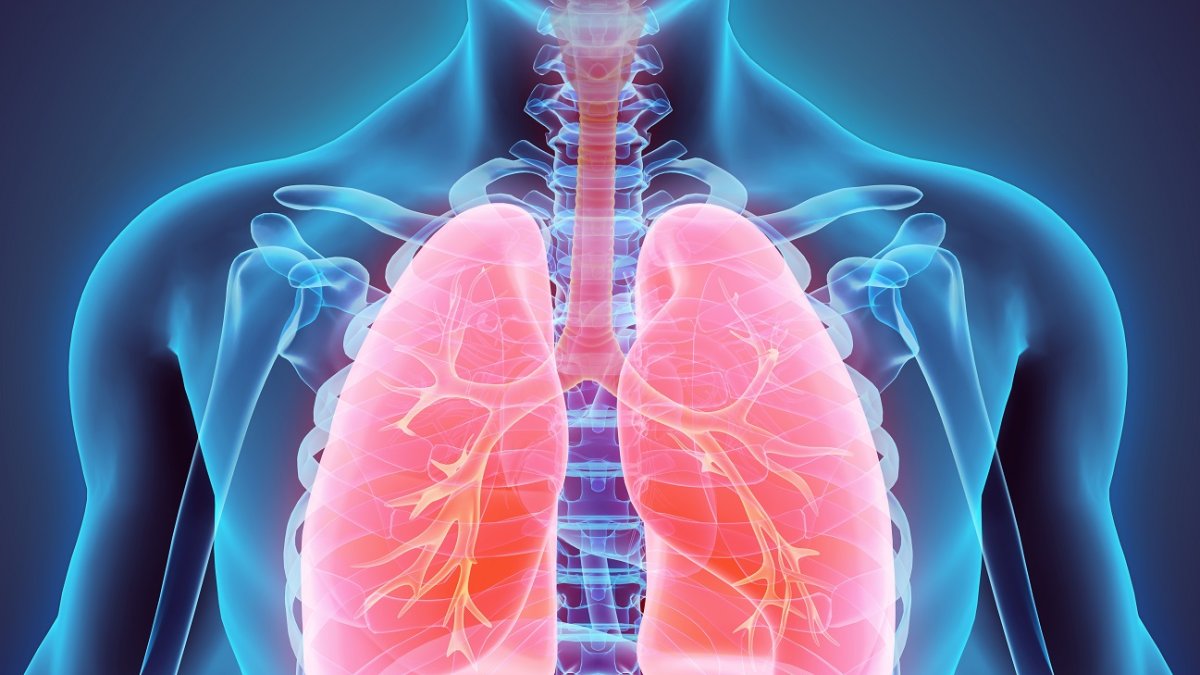PhD student selected for Conception X, a deeptech incubator programme
David P Harvey aims to further develop and commercialise a ‘spirometer’ device which accurately measures human breath.

The device can precisely measure very low rates of airflow which are typical with breathing when relaxed.
The device – which is based on technology originally developed for use in military combat UAVs – has been repurposed to a medical application and is believed to be the most accurate portable pressure sensor in the world at measuring human breath.
On the strength of his research, David has now been chosen to take part in Conception X, a business incubation programme for PhD students who are working on deep tech solutions to some of the world’s biggest problems. During the nine-month programme the venture scientists are coached and mentored to build viable and robust start-up companies, culminating in the opportunity to pitch their idea to investors and technology experts.
David, who is in the final year of his PhD within the Department of Mechanical Engineering Sciences, designed the small handheld device with supervisors Dr David Birch and Professor Mike Hughes. They then benchmarked the device’s performance against medical regulatory standards for spirometers (devices for measuring lung function and health) using Surrey’s specialised wind tunnel facilities.
David Harvey explains: “We recognised fairly early on that existing spirometers have a blind spot in their performance caused by the immense difficulty of precisely and repeatedly measuring very low rates of airflow, typical with breathing when relaxed. By focusing solely on the range of human breath, however, and leveraging advances in biomedical engineering, our device has succeeded in overcoming this problem.
“We hope that this breakthrough will lead to a simpler diagnostic process and improved clinical care for those with respiratory diseases that are difficult to measure such as asthma, cystic fibrosis, bronchitis and emphysema. We are now actively seeking to engage with experts in this field to further understand these diagnostic challenges.”
Dr Birch comments: "This is another example of how our world-leading technology is finding its way into applications we'd never have been able to anticipate at the time of development. We are looking forward to working with David to commercialise this technology and realise its full potential."
After completing his PhD, David hopes to use his research to pitch and gain funding for a start-up to commercialise this next generation spirometer. In the future, he hopes to explore the use of the technology to detect physiological signals beyond breathing, enabling broader monitoring of patients’ health, and also the integration of artificial intelligence for earlier detection of respiratory conditions.
Discover our programmes in mechanical engineering sciences, including our Biomedical Engineering PhD.

